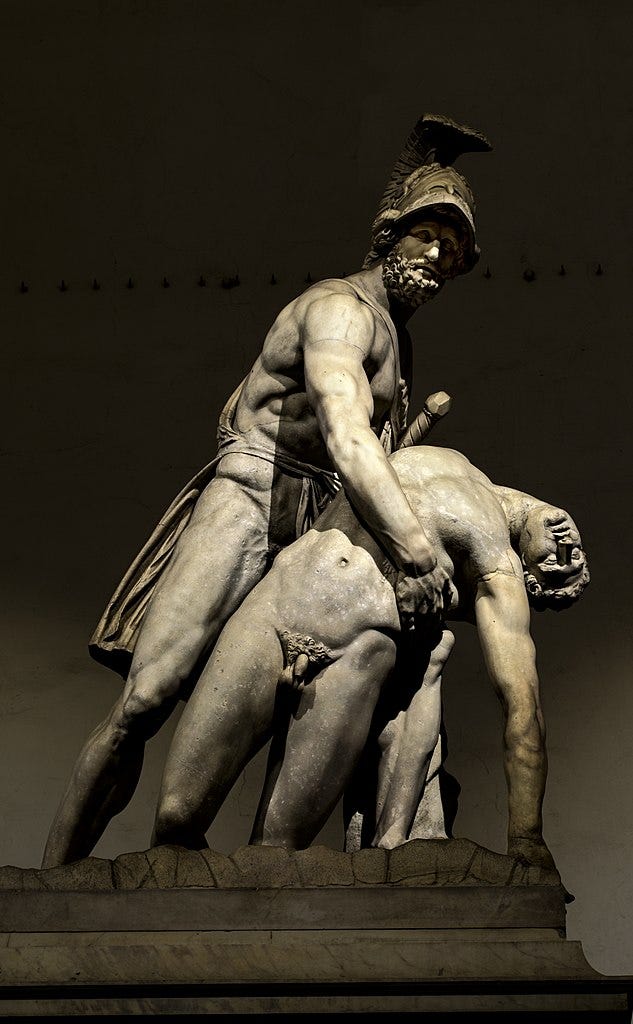Few stories and traditions ever survive a true collapse of civilization. Yet the war between the Greeks and the Trojans which occured either just prior to the bronze age collapse, or was one of the first events that could be blamed for the multi-fanged snake that brought down the mighty Eastern Mediterranean civilizations survived this great collapse, and even grew long after the calamity has passed. Why is that?
The epic poem has many grand mechanics integral to its story telling which make the poems worth reciting, however, I am not here to tell you why the mechanics of the poems are so beautiful, rather I shall tell you about why heroes never truly die.
At the heart of the epic poem is the hero whose journey we follow in verse. These heroes may have given up their mortal coils but their glory lives on today. Due to their great deeds, their legendary virtues, and their momentous lives, the men who outlived our heroes decided to pass down their stories, and in each generation a new man thought their great lives were worth reciting as well. All great heroes live on beyond their own lives, because those men who hear their stories keep their stories alive. If the hero was not worthy of glory, his deeds would have never been repeated.
As a natural heuristic, the older the epic the more timeless the virtues the hero embodied, because the more relatable the virtues had to inherently be. This is why courage is at the heart of every great hero, and why we keep heroes alive by repeating their klewos.
Here are the immortal but mirrored words of two mortal enemies.
“And someday one will say, one of the men to come steering his oar-swept ship across the wine-dark sea ‘there’s the mound of a man who died in the old days, one of the brave whom glorious Hector killed.’ So they will say, someday, and my fame will never die.” - Hector, Iliad, Book 7, lines 101-105
Hector displays his respect for his enemies as he displays his belief that even his enemies shall be honored long after their own lives. He knew that forces above any single man were momentously clashing all around him, and that the mighty would be remembered, even if he desired their deaths more than life itself.
“Mother tells me, the immortal goddess Thetis with her glistening feet, that two fates bear me on to the day of death. If I hold out here and I lay siege to Troy, my journey home is gone, but my glory never dies. If I voyage back to the fatherland I love, my pride, my glory dies… true, but the life that’s left me will be long, the stroke of death will not come on me quickly.” - Achilles, Iliad, Book 9, lines 497-505
Achilles knew that though death awaited him, no life worth speaking of awaited him at home. His honor meant more to him than any long lived life could ever mean, and so he chose the immortal glory of death in battle.
So what if swift-footed Achilles and man-killer Hector died nearly 3200 years ago in the flesh? Their lives lived beyond themselves and shall outlive anyone of us. No doubt this epic story shall continue to be told, and one day a new hero shall hear the call of glory from days passed, and himself shall do something glorious enough to be recited long after his own life. As always brothers, I’m here with you in the abyss.




